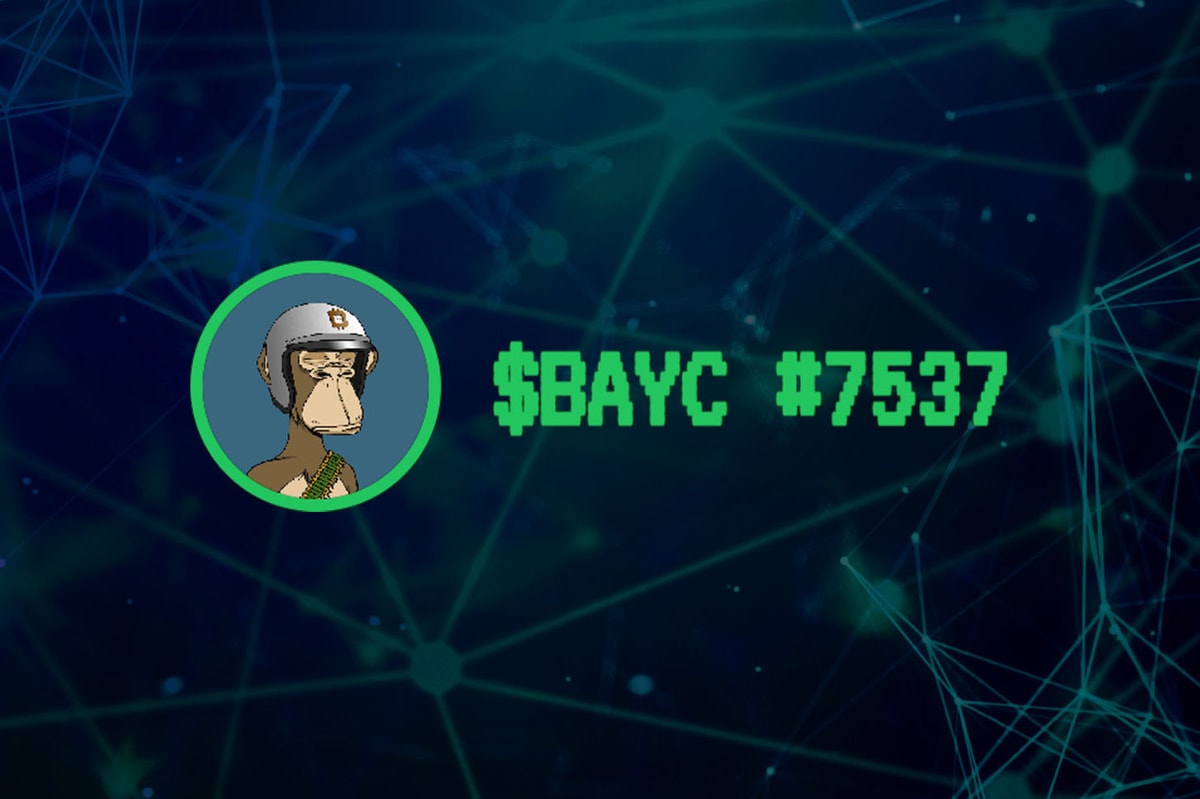Hong Kong’s Securities and Futures Commission has set a minimum insurance requirement of 50% for licensed crypto exchanges handling customers’ assets.
As disclosed by OSL Exchange last week, the 50% insurance coverage minimum applies to all assets under custody. At the same time, OSL announced that it had signed a two-year partnership with Canopius, a syndicate of underwriter Lloyds of London, for an insurance policy covering 95% of its users’ assets.
HashKey Exchange, another licensed virtual asset trading platform in Hong Kong, also signed a crypto insurance agreement with OneInfinity on Nov. 16, 2023, with the potential to expand coverage into incidents related to “server downtime, data back-up, and load management” in the future. According to local news reports, the coverage guarantees protection for up to $50 million to $400 million worth of users’ assets.
Since Hong Kong opened crypto trading to retail investors last August, OSL and HashKey remain the only exchanges to hold virtual asset trading licenses. There are 13 entities applying for such licenses at the time of publication. As part of licensing requirements, applicants must pass stringent due diligence checks, such as a traditional financial audit that is broader in scope than proof-of-reserves.
Although license application fees only cost a few hundred dollars, Web3 firms are each spending as much as $25 million to build their applications for such licenses. Most expenditures come from product development and team-building, often from zero for applicants who are traditional financial entities with no prior exposure to crypto.
Related: China’s risky Bitcoin court decision, is Huobi in trouble or not?











